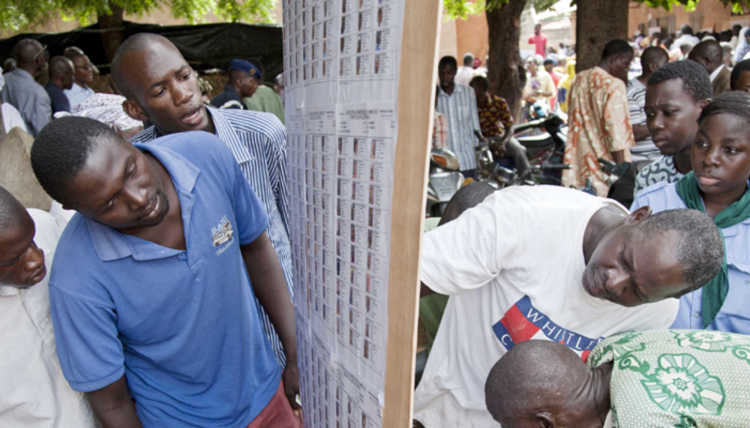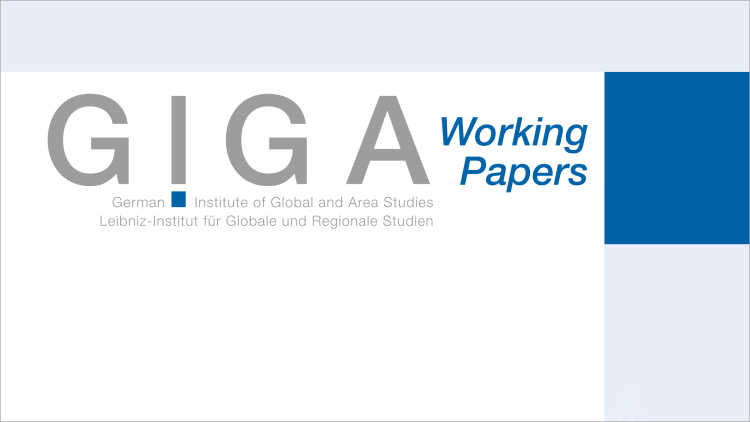- Startseite
- Pressestelle
- Die nationale Strahlkraft von Parteien in Afrika
Publikation
Die nationale Strahlkraft von Parteien in Afrika
Regierungsparteien in Afrika können mithilfe von staatlichen Ressourcen landesweit agieren. Oppositionsparteien haben es schwieriger. Sie vertreten meist nur lokale Interessensgruppen und erreichen weniger Wähler.

The African party literature, especially research prescribing to the long‐dominant ethnic voting thesis, has asserted that African party systems exhibit low levels of party nationalization. However, systematic research on nationalization across parties and party systems is still lacking. This study argues that the prospects for building nationalized parties vary substantially between incumbent and opposition parties. Incumbent parties, with their access to state resources, have been successful in creating nationwide operations, even in countries where geographical factors have been unfavorable and ethnic fractionalization is high.
The analysis utilizes a new data set of disaggregate election results for 26 African countries to calculate nationalization scores for 77 parties and study the correlates of party nationalization. The results show that factors like ethnic fractionalization, the size of the geographical area, and urbanization affect party nationalization, but only in the case of opposition parties. Incumbent parties, on the other hand, generally remain nationalized despite unfavorable structural conditions.



